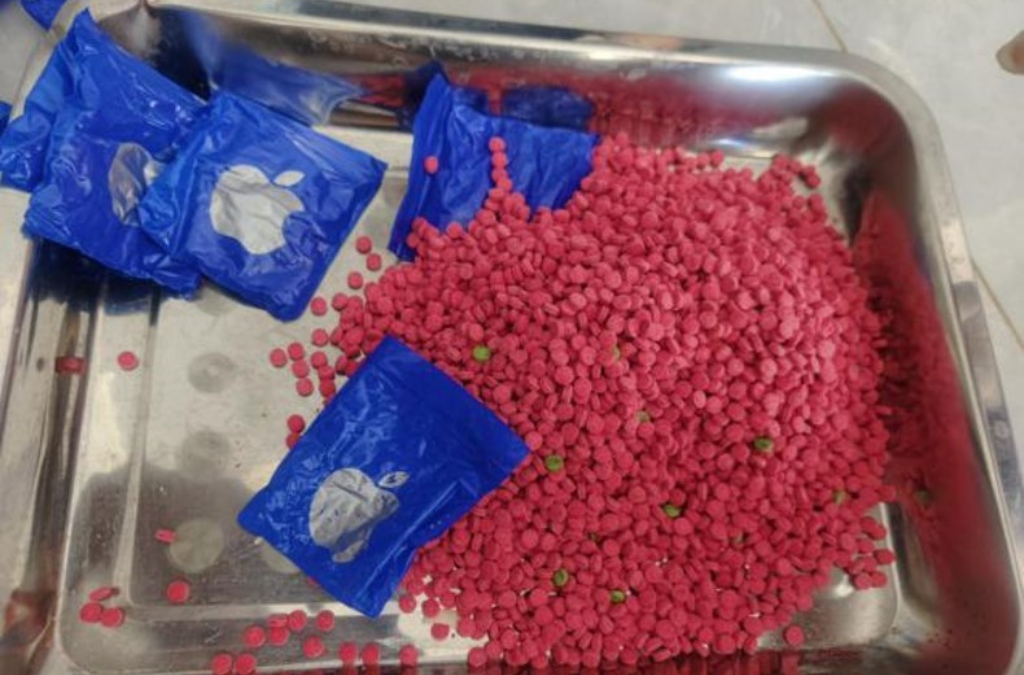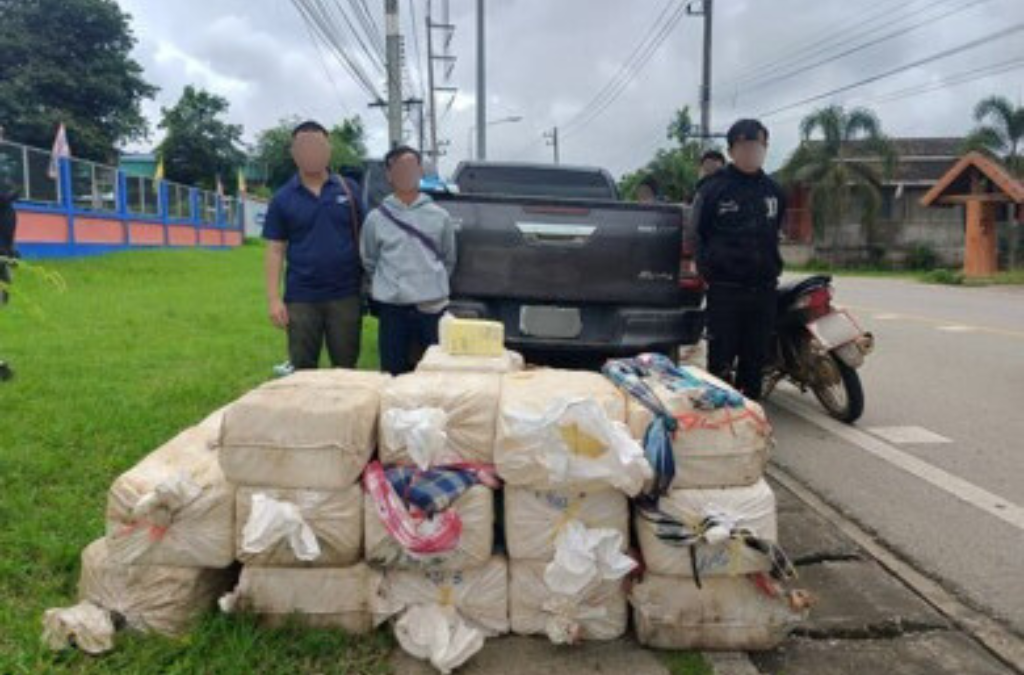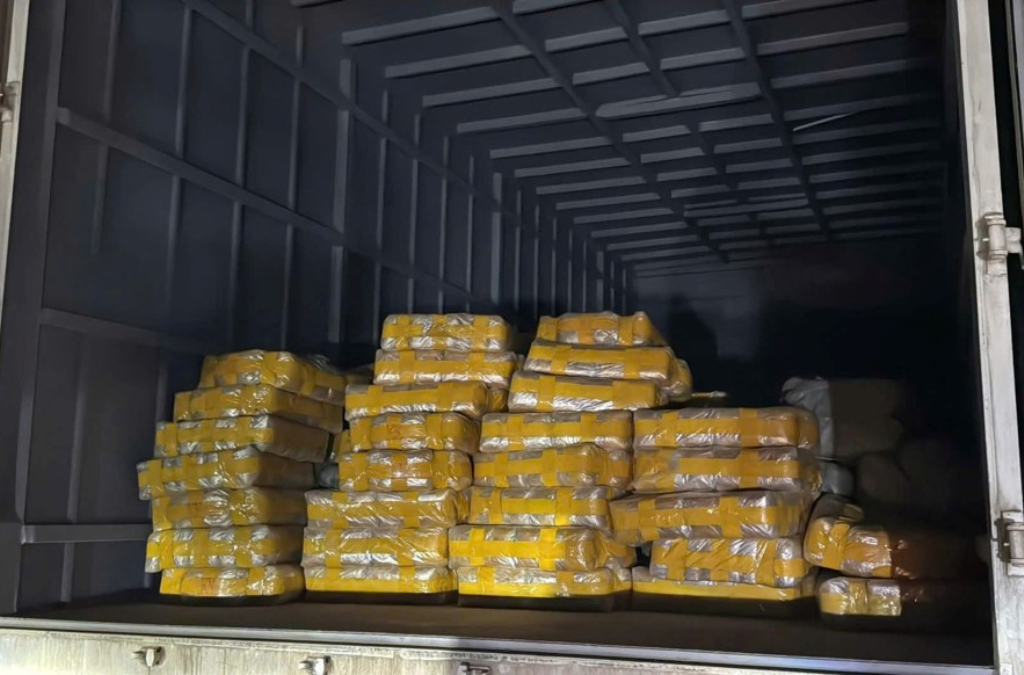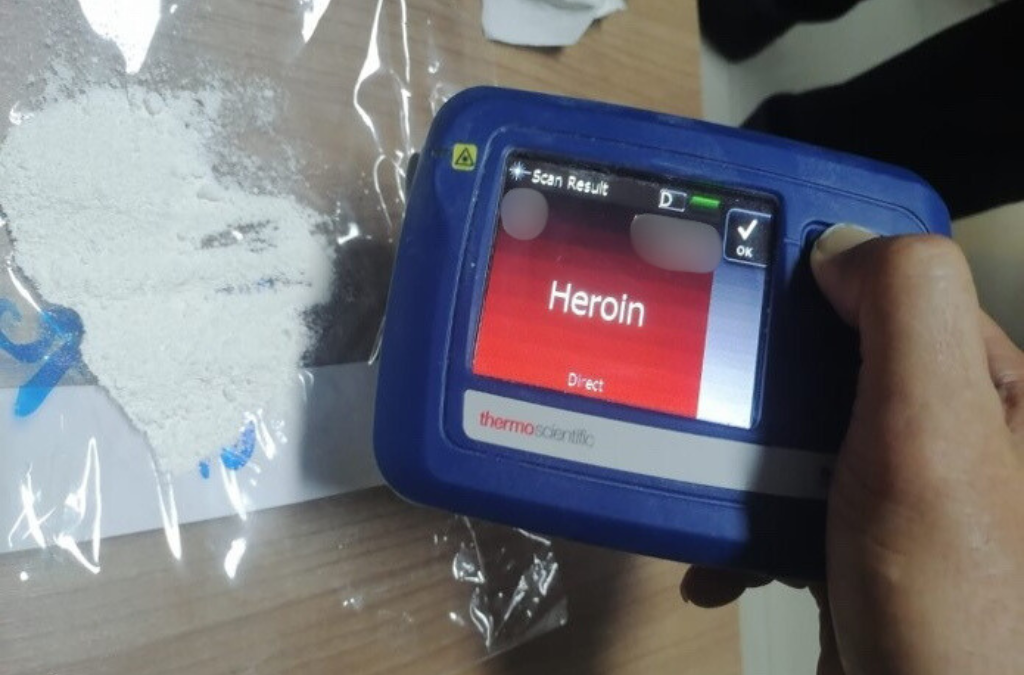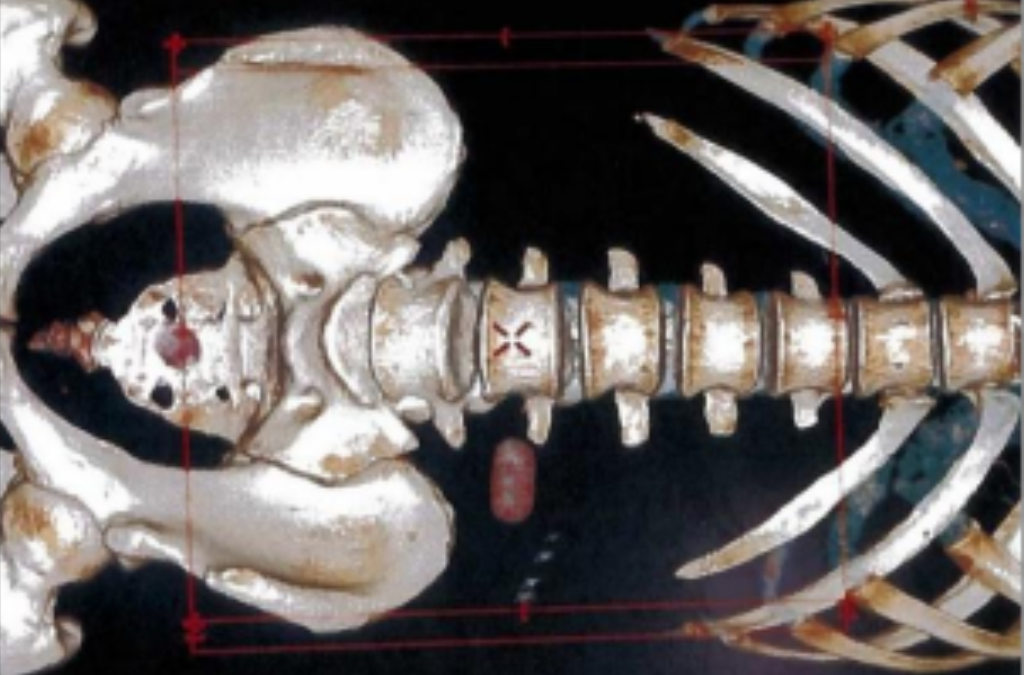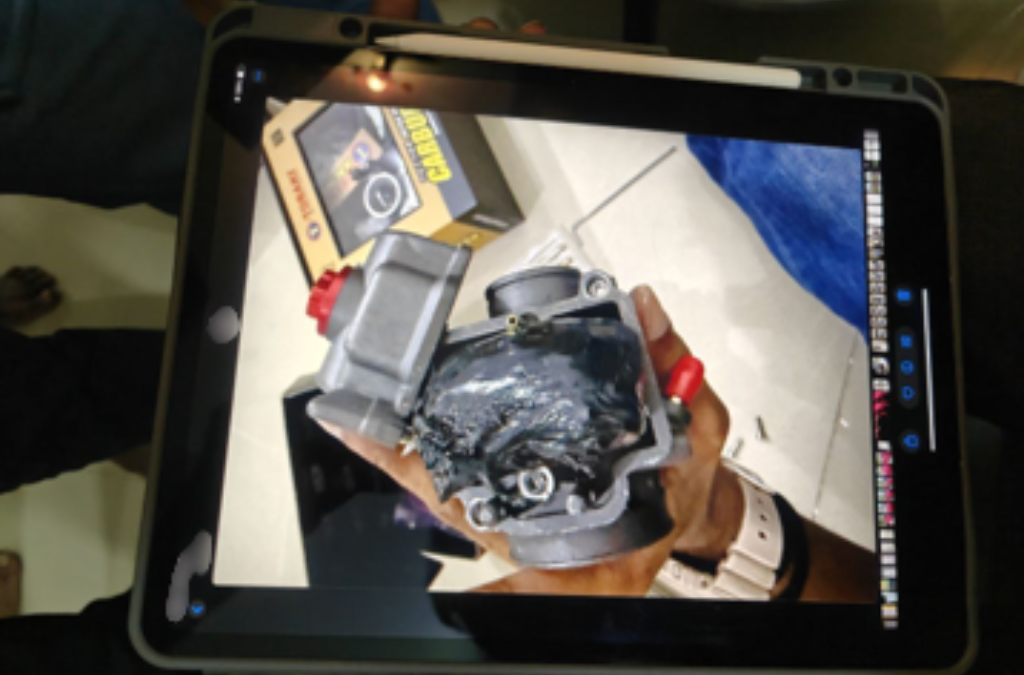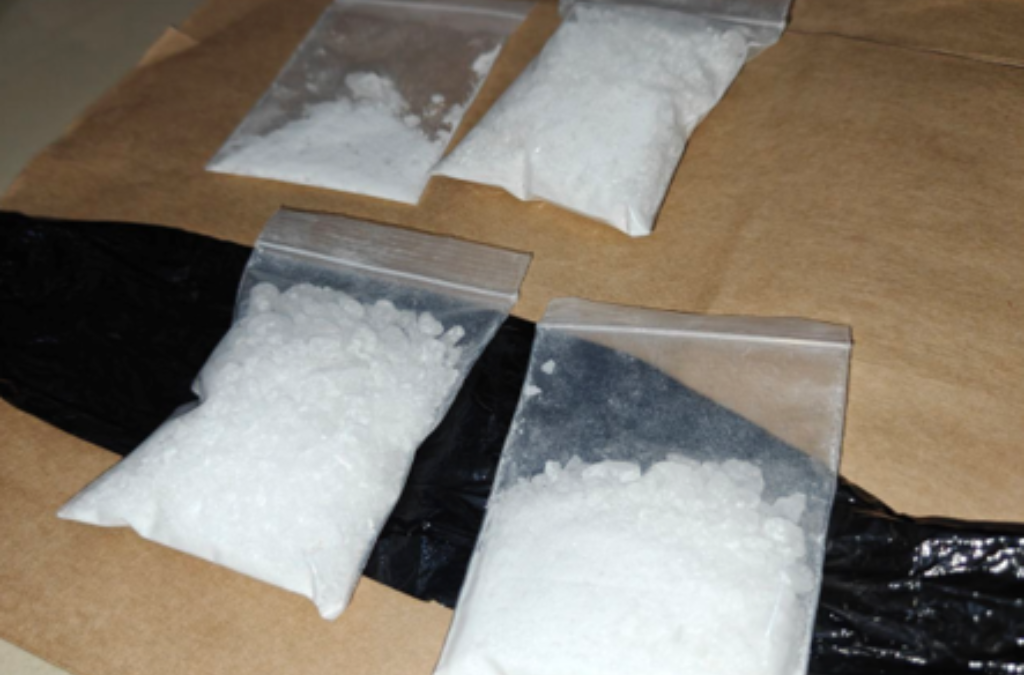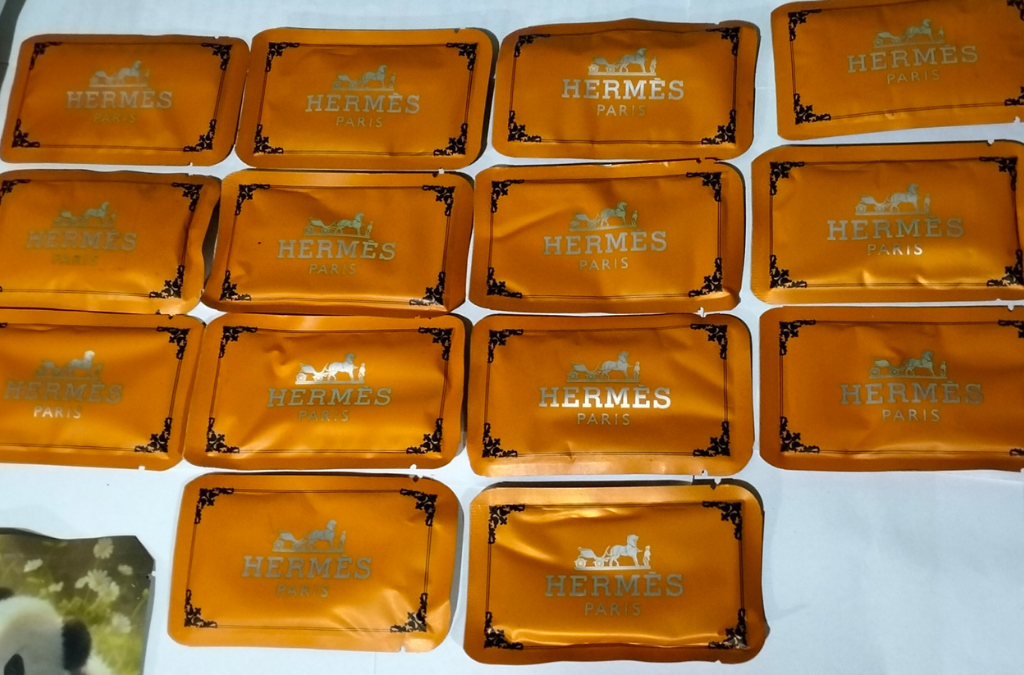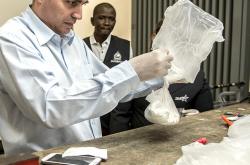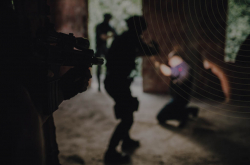LYON, France – An international operation against drug trafficking has led to massive seizures of synthetic drugs valued at USD 6.5 billion, based on current wholesale values.
Authorities intercepted a total of 76 tonnes of drugs, including 51 tonnes of methamphetamine - highlighted by a record 297 million meth pills, known as ‘yaba’ - along with fentanyl, heroin, cocaine, and chemical precursors.
Operation Lionfish-Mayag III (30 June - 13 July) focused on combating the manufacturing, trafficking and smuggling of synthetic drugs across 18 countries in Asia and North America. The Operational Coordination Unit, based in Colombo, Sri Lanka, brought together specialized officers and international partners to work together in real-time on transnational cases.
A total of 386 arrests were made during the two-week operation, including the subject of an INTERPOL Red Notice suspected of running a large-scale methamphetamine smuggling operation into Incheon National Airport. He is currently awaiting extradition from Cambodia to the Republic of Korea to face charges.
In India, authorities from the Narcotics Control Bureau dismantled a top Darknet drug syndicate known as "Ketamelon". The operation resulted in the seizure of LSD blots and ketamine, as well as digital assets valued at approximately USD 87,000. Investigations revealed the vendor was responsible for more than 600 drug shipments in the past 14 months.
In a joint police operation, authorities in Myanmar intercepted two suspicious vehicles, one carrying 22kg of heroin hidden behind pineapples, and the other containing 5.25 million yaba pills. Investigations traced both shipments to the same person and a subsequent house search led to the seizure of an additional 4 million pills.
Across the operation, authorities seized vehicles, properties, weapons, mobile phones and drug manufacturing equipment. In Lao PDR, this included 3.9 tonnes of methamphetamine and 10 production machines, leading to the arrest of two individuals.
From fentanyl to nitazenes
Recognizing the threat posed to communities by the volumes of drugs seized during the operation, INTERPOL Secretary General Valdecy Urquiza said:
“The drugs trafficked by transnational criminal networks fuel violence, cripple economies and endanger public health. Each successful seizure highlights the power of law enforcement working together to protect lives and dismantle these threats. We will continue coordinating global efforts to support our member countries in safeguarding communities.”
Mexican authorities seized more than 190,000 fentanyl tablets and 1.7 tonnes of methamphetamine. The country also requested the urgent publication of an INTERPOL Purple Notice to warn of new, deadly fentanyl precursors, which are not yet regulated internationally. These precursors are being used by criminals to evade detection and circumvent laws controlling fentanyl and its analogues.
In the United States, Drug Enforcement Administration officers seized MDMA pills laced with fentanyl, while in Indonesia, authorities intercepted 116kg of xylazine, a veterinary tranquilizer often mixed with fentanyl, heroin, or cocaine. Such combinations of stimulants and opioids or sedatives are highly dangerous and often fatal, highlighting the growing threat posed by adulterated drugs worldwide.
While fentanyl remains a major concern, authorities are seeing a rise in nitazenes, highly potent synthetic opioids with up to 200 times the potency of morphine. Small amounts are enough to be deadly, making them more profitable, easier to transport and increasingly difficult to detect.
Also in the US, authorities seized a parcel containing metonitazene at JFK Airport, sent from the United Kingdom, and a separate package containing protonitazene at Chicago O’Hare Airport, sent from China.
Drugs in surfboards, espresso machines and boxes of tea
Traffickers continue to hide drugs in everyday products, prompting the publication of INTERPOL Purple Notices for new concealment methods. In the Maldives, authorities intercepted 3.86kg of ketamine concealed inside a surfboard sent from the Netherlands. In Myanmar, a new modus operandi was identified with heroin packaged in powdered tea. In the Philippines, postal seizures uncovered multiple shipments of ketamine from Germany, Poland and France, hidden inside an espresso machine and bags of cat food.
Lionfish-Mayag III was funded by the Korean National Police Agency.
Participating countries: Bangladesh, Cambodia, Canada, China, Fiji, India, Indonesia, Korea (Rep. of), Lao PDR, Malaysia, Maldives, Mexico, Myanmar, Philippines, Sri Lanka, Thailand, United States and Vietnam.
International partner: The International Narcotics Control Board




